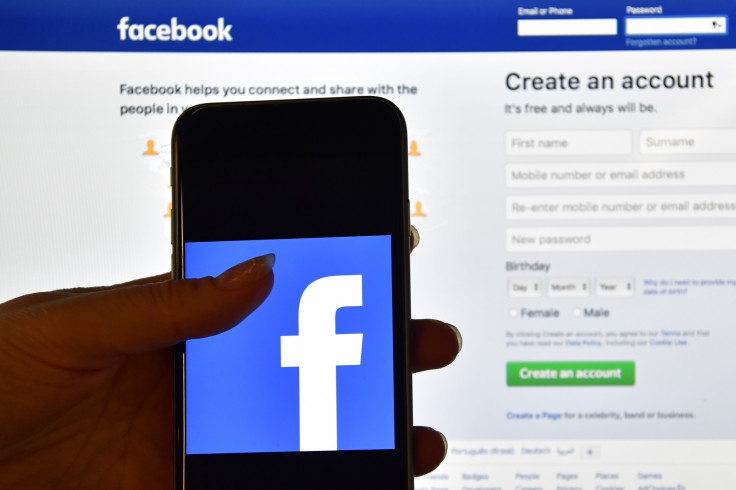Civil rights groups accuse Facebook of 'racially biased censorship' in hate speech takedowns
The advocacy groups claim Facebook consistently and disproportionately censors posts from people of colour.

Nearly 80 civil rights groups have accused Facebook of "racially biased censorship", urging the social media giant to be more transparent over its policies and decisions that address harassment and hate speech on the platform. In a letter addressed to CEO Mark Zuckerberg and director of global policy Joel Kaplan, a coalition of advocacy groups including the ACLU slammed the company over its moderation system alleging that it consistently and disproportionately censors posts from people of colour.
They claimed that activists have experienced firsthand "the uneven application of Facebook's Community Standards" and have been censored for political speech and critical content of government actors and law enforcement.
"Activists in the Movement for Black Lives have routinely reported the takedown of images discussing racism and during protests, with the justification that it violates Facebook's Community Standards," the letter reads. "At the same time, harassment and threats directed at activists based on their race, religion, and sexual orientation is thriving on Facebook.
"Many of these activists have reported such harassment and threats by users and pages on Facebook only to be told that they don't violate Facebook's Community Standards."
The advocacy groups also claim that Facebook has failed to curb and prevent the spread of violent threats and vicious harassment by white supremacist groups on its platform.
"This pattern of censorship represents a double standard, one that seems to be addressed only through direct activist intervention or significant media attention," the letter continues. "We believe more can be done to ensure every Facebook user has the ability to engage on the platform without harassment or undue censorship."
They called on the company to be more transparent about censorship on its platform, create a more "streamlined widely publicised appeals process", allow for an "external audit" and be more transparent about its censorship policies and decisions on Facebook.
They also urged Facebook to update its appeals process to cover individual posts, videos and photos, not just profiles and pages. Users should also be given a written justification when a post is removed, they said. The company should issue a public report outlining content removal figures, the number of takedown requests submitted by law enforcement, and he number of times Facebook shut down a user account.
In October, the coalition sent a letter to Facebook that included several suggestions to clarify and improve its moderation system. In response, the company released a statement in December written by Kaplan saying its community operations team "sometimes get things wrong", but added they were committed to addressing the issue.
However, the rights group said Facebook's response merely outlined the company's current policies, failed to address their suggestions and "inadequately addressed their concerns". SumOfUs, Center for Media Justice and CREDO were among the signatories.
Facebook has continued to receive a barrage of criticism of late over its moderation and censorship policies that address harassment, extremist and terrorist content, violent acts, fake news and propaganda, gun sales and blocking of "explicit" media content on the platform.
Facebook has announced a series of measures in recent months including working with third-party fact checkers, hiring a head of news partnerships, a new "Journalism Project" and allowing users to take a more active role in reporting illegal and abusive content.
The groups have asked Facebook for an in-person meeting in late January or early February at the company's Menlo Park headquarters to address the issue.
"In a time when democracy is under great threat, we strongly urge you to reconsider our recommendations and take these immediate and simple steps to protect the free speech and human rights of Facebook's most vulnerable users," they wrote.
© Copyright IBTimes 2025. All rights reserved.





















